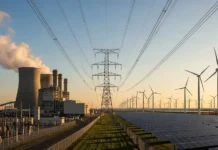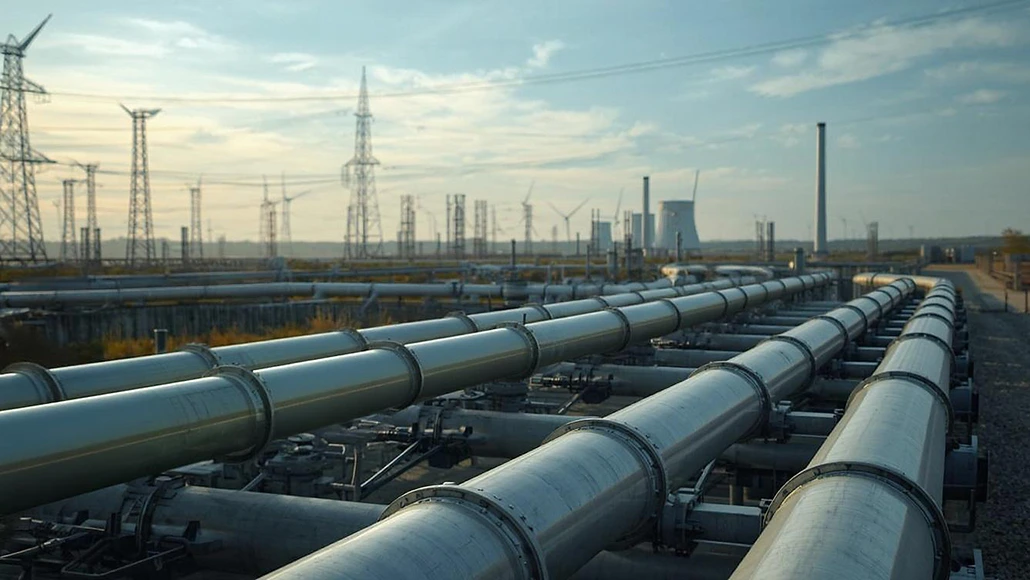Russia’s energy major Gazprom has signed a memorandum with the government of Kazakhstan to build a new cross-border gas pipeline linking the two countries.
The deal was reached during a meeting between Kazakh First Deputy Prime Minister Roman Sklyar and Gazprom Chairman Alexey Miller at the 14th St. Petersburg International Gas Forum (SPIGF).
In a statement, Gazprom said the memorandum sets out the framework for constructing a new main gas pipeline from Russia to Kazakhstan. The project is expected to boost energy cooperation and help meet Kazakhstan’s rising gas demand.
Alongside the cross-border pipeline agreement, the two parties signed another document covering the long-term processing of Kazakh gas in Russia. This includes plans to modernise the Orenburg Gas Processing Plant, where gas from Kazakhstan’s Karachaganak field will be processed.
Officials at the meeting underlined their intention to deepen cooperation in gas supply and processing. The discussions underscored the strengthening energy relationship between the two countries, as Kazakhstan looks to expand gas access in its northern and northeastern regions.
The proposed cross-border pipeline is already part of Russia’s federal transport infrastructure plan. Prime Minister Mikhail Mishustin signed the related decree on February 18.
Under the current proposal, the pipeline will have a transport capacity of 10 billion cubic meters per year, supported by compressor stations totalling 50 megawatts. The route would pass through several municipalities in Russia’s Tyumen region, bordering Kazakhstan’s North Kazakhstan region.
As part of their broader energy strategy, both sides are assessing the potential to develop gas infrastructure that could carry up to 45 billion cubic meters annually. Of that, 10 billion cubic meters would serve Kazakhstan’s domestic gasification projects, while 35 billion cubic meters could be exported to China.
Kazakhstan has been looking for ways to improve gas supply in its northern and eastern territories, which remain weakly connected to the national grid. In early 2023, then-Energy Minister Bolat Akchulakov said that new supply routes from Russia were being under consideration, including possible pipelines such as Barnaul–Rubtsovsk–Semey–Ust-Kamenogorsk and Omsk–Pavlodar–Semey, with potential branch lines to nearby regions.
Another domestic effort involves expanding the Saryarka gas pipeline, which already links southern Kazakhstan with the capital, Astana, through its first phase. The next stages aim to extend the network further into underserved areas in the north and east.
Held every year in St. Petersburg, the International Gas Forum (SPIGF) gathers senior energy executives, government officials, and experts to discuss global gas trends, showcase new technologies, and encourage international collaboration.










































